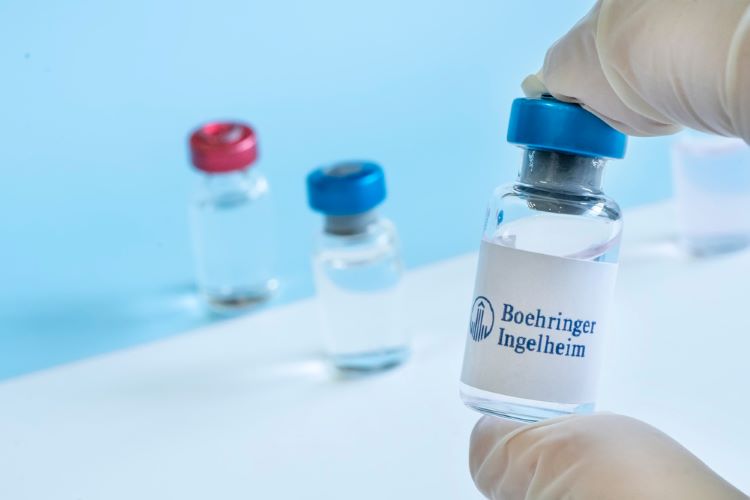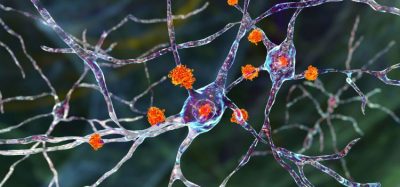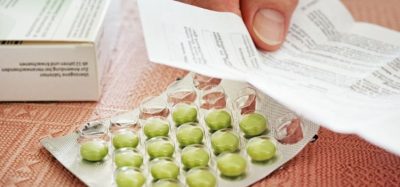Boehringer reveals major data from liver disease trial
Posted: 26 February 2024 | Catherine Eckford (European Pharmaceutical Review) | No comments yet
Data suggests Boehringer Ingelheim’s novel glucagon/GLP-1 receptor dual agonist could become a best-in-class liver disease treatment for metabolic dysfunction-associated steatohepatitis (MASH).


Credit: Melnikov Dmitriy / Shutterstock.com
[The Phase II trial showed that] up to 83.0 percent of adults given survodutide (BI 456906) achieved a statistically significant improvement of the liver disease metabolic dysfunction-associated steatohepatitis (MASH)”
Up to 83.0 percent of adults given survodutide (BI 456906) achieved a statistically significant improvement of the liver disease metabolic dysfunction-associated steatohepatitis (MASH) versus placebo (18.2 percent) in a Phase II trial. In Boehringer Ingelheim’s trial, survodutide enabled a biopsy-proven improvement in MASH after 48 weeks, without worsening of fibrosis stages F1, F2 and F3.
A statistically significant improvement in liver fibrosis was observed in patients taking part in the study.
About survodutide
The glucagon/GLP-1 receptor dual agonist activates both the glucagon and GLP-1 receptors. Survodutide has a novel mechanism of action and is the first to show this level of benefit in a Phase II MASH clinical trial, according to research highlighted by Boehringer Ingelheim.
Its advantages include its potential to increase energy expenditure and improve fibrosis, as well as reducing appetite while increasing fullness and satiety, the company noted.
The Phase II trial evaluated weekly subcutaneous injections of survodutide in patients with the liver diseases MASH and fibrosis (F1-F3) in adults both with and without type 2 diabetes.
Key secondary outcome measures from Boehringer Ingelheim’s Phase II trial included:
- At least 30 percent relative reduction in liver fat content after 48 weeks of treatment compared to baseline
- Absolute and relative change of liver fat content from baseline after 48 weeks of treatment
- Improvement of fibrosis, defined as at least one stage decrease in fibrosis stage after 48 weeks of treatment
- Absolute change from baseline in total score for Non-alcoholic Fatty Liver Disease Activity Score (NAS) after 48 weeks of treatment.
Significance of Boehringer Ingelheim’s study results
“These MASH results show survodutide has potential to become a best-in-class treatment, and we believe its true differentiator is the action of the glucagon receptor agonism which works directly on the liver,” stated Carinne Brouillon, Head of Human Pharma, Boehringer Ingelheim.
This data positions survodutide “as a potential leading treatment for a population with great unmet medical needs, and will bring hope to people living with MASH and with fibrosis,” said Dr Arun Sanyal, Professor of Medicine, Physiology and Molecular Pathology at Virginia Commonwealth University School of Medicine, and Principal Investigator of the trial. “I am looking forward to sharing further detail on key secondary endpoints, including the percentage of adults who saw an improvement in fibrosis, at a congress in the first half of this year.”
Boehringer Ingelheim agrees $2bn siRNA therapeutic collaboration
Related topics
Big Pharma, Biopharmaceuticals, Clinical Development, Clinical Trials, Drug Safety, Industry Insight, Research & Development (R&D), Therapeutics
Related organisations
Related drugs
Related people
Related diseases & conditions
liver disease, metabolic dysfunction-associated steatohepatitis (MASH)









